Identifying Symptoms
- Speed inconsistencies
- Skipping records
- Distorted audio
- Physical damage
Early detection prevents bigger issues.
Have you ever been frustrated by a turntable that just won't cooperate? Understanding the common issues that plague these beloved devices can empower you to keep the music flowing seamlessly. Here’s what you need to know to troubleshoot like a pro!
This visual summarizes key turntable troubleshooting strategies, categorized by symptoms, DIY value, and professional intervention, providing a clear flow from identification to resolution.
Early detection prevents bigger issues.
Empower yourself to maintain your audio experience.
For complex issues, experts ensure longevity.
Deepen your connection to your gear and save money.
As music lovers, we often rely on our turntables for that authentic, warm sound that digital formats just can't quite replicate. However, even the best turntables can run into issues from time to time. Understanding these common turntable problems can help you restore your cherished vinyl experience and keep the music playing smoothly!
It's no exaggeration to say that diagnosing issues with your turntable can feel like unraveling a mystery. From speed fluctuations to distorted sound, recognizing these symptoms is crucial for effective troubleshooting. So, let’s dive into what your turntable might be telling you!
Your turntable may exhibit various signs that something isn't quite right. Here are some common symptoms to watch for:
Identifying these symptoms early can prevent bigger issues down the road. So the next time you spin a record, pay close attention to how your turntable behaves!
As someone who’s spent years perfecting the art of turntable repair, I can’t emphasize enough the value of DIY troubleshooting. Not only does it save you money, but it also empowers you to take control of your audio experience.
Learning how to address basic issues on your own can be incredibly rewarding. Here’s why you should consider diving into the world of DIY repairs:
At Turntable Repair Australia, my goal is to equip you with the knowledge you need to keep your turntable in optimal condition. Just remember, every great audiophile started somewhere, and with a little patience, you'll be troubleshooting like a pro!
One of the most common turntable issues is speed variation. If your records sound distorted or off-pitch, you might be dealing with speed problems. Let’s explore how to diagnose and resolve these pesky speed-related issues!
Did you know? Regularly cleaning your records and turntable components can significantly enhance sound quality and prolong the lifespan of your equipment. A simple anti-static brush can remove dust and debris, preventing skips and distortions. Make it a habit to clean both your records and stylus after every few uses!
As we wrap up our exploration of turntable troubleshooting, let’s focus on some key strategies that can help you keep your vinyl spinning smoothly. Recognizing the signs of potential issues and acting swiftly is essential for preserving the sound quality of your beloved records. Remember, a little attention goes a long way in maintaining your prized analog system!
Here are some essential troubleshooting strategies to keep in mind:
Being proactive not only enhances your listening experience but also saves you from costly repairs down the line. If you find that troubleshooting isn't bringing results, it might be time to seek professional help.
Knowing when to call in the professionals can be a game-changer for your turntable’s longevity. Sometimes, despite our best DIY efforts, complex issues arise that require expert knowledge. If you notice persistent problems like severe distortion, skipping, or mechanical failures that you can’t pinpoint, it’s wise to reach out for professional assistance.
Here are some signs that indicate it's time to seek help:
At Turntable Repair Australia, we're here to provide support and guidance whenever you need it. Don't hesitate to reach out if you're feeling overwhelmed—I’m always eager to help fellow audiophiles navigate their turntable challenges!
One of the most rewarding aspects of being a turntable enthusiast is learning the ins and outs of your equipment. Embracing DIY repairs not only saves you money but also fosters a deeper connection to your gear. Each small victory in troubleshooting boosts your confidence and enhances your knowledge about the art of analog sound!
Here are some benefits of committing to DIY maintenance:
So, roll up your sleeves, dive into the world of turntable maintenance, and enjoy the process! Remember, every expert was once a beginner, and your journey into turntable repair can be both fulfilling and exciting.
As you navigate your turntable adventures, remember that you’re not alone! Joining a community of fellow turntable enthusiasts can provide you with invaluable insights, support, and camaraderie. Together, we can appreciate the beauty of analog sound while sharing our experiences and knowledge.
Your unique experiences and troubleshooting successes can inspire others in the community. Whether you’ve solved a tricky issue or discovered a fantastic cleaning technique, sharing your insights fosters a spirit of collaboration among audiophiles. At Turntable Repair Australia, we encourage our community members to contribute their stories and tips to help each other grow!
Consider these ways to share your knowledge:
Let’s build a supportive network where everyone’s experience counts, and together we can keep the art of analog sound alive!
In addition to sharing your own insights, exploring various forums and resources dedicated to turntables can enhance your learning journey significantly. There are countless online platforms where you can find troubleshooting tips, discuss common issues, and connect with other vinyl lovers.
Here are a few popular resources to consider:
By immersing yourself in these resources, you’ll gain fresh perspectives and discover new techniques to improve your turntable’s performance. Let’s keep the conversation going and support each other in our passion for vinyl!
Here is a quick recap of the important points discussed in the article:
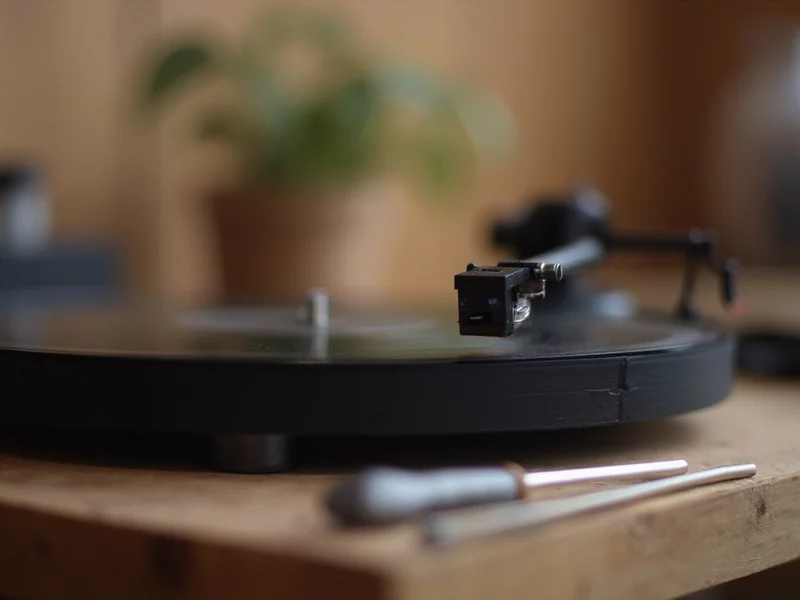
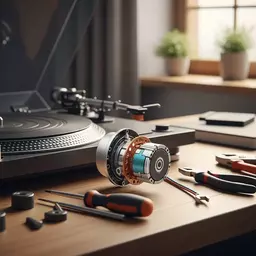 Are you ready to elevate your turntable's performance? Understanding the nuances of motor replacemen
Are you ready to elevate your turntable's performance? Understanding the nuances of motor replacemen
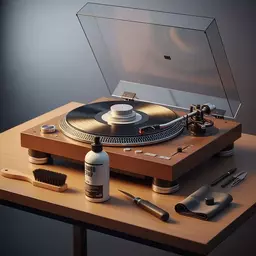 Have you ever wondered how a little maintenance can dramatically enhance your turntable's performanc
Have you ever wondered how a little maintenance can dramatically enhance your turntable's performanc
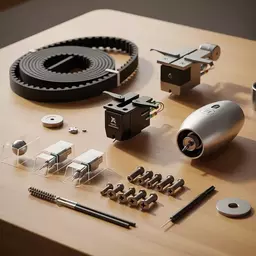 Have you ever found yourself frustrated with a turntable that just won't play right? The good news i
Have you ever found yourself frustrated with a turntable that just won't play right? The good news i
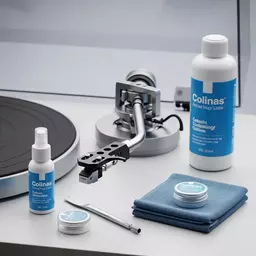 Have you ever considered how the condition of your tonearm affects the music you love? Proper tonear
Have you ever considered how the condition of your tonearm affects the music you love? Proper tonear